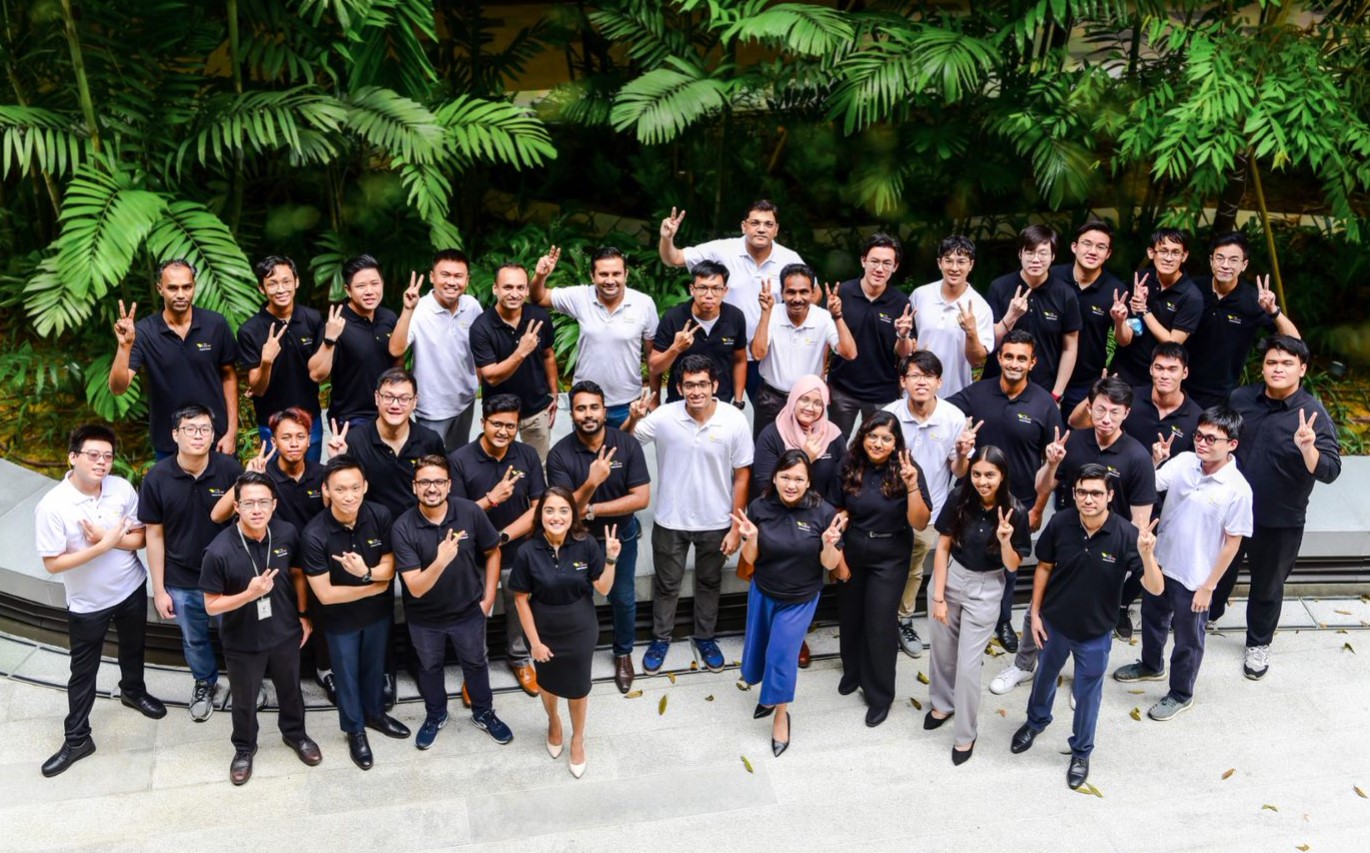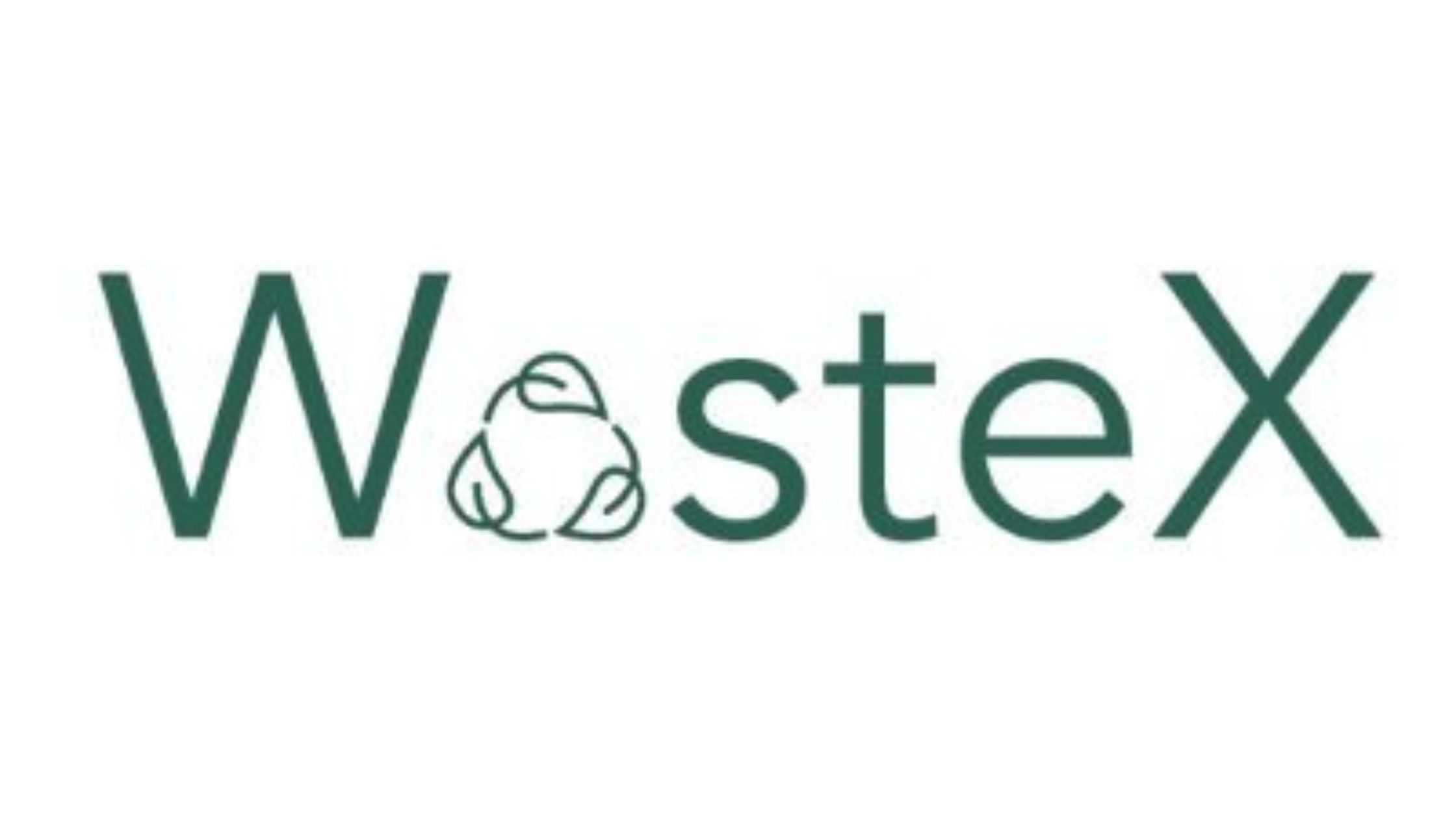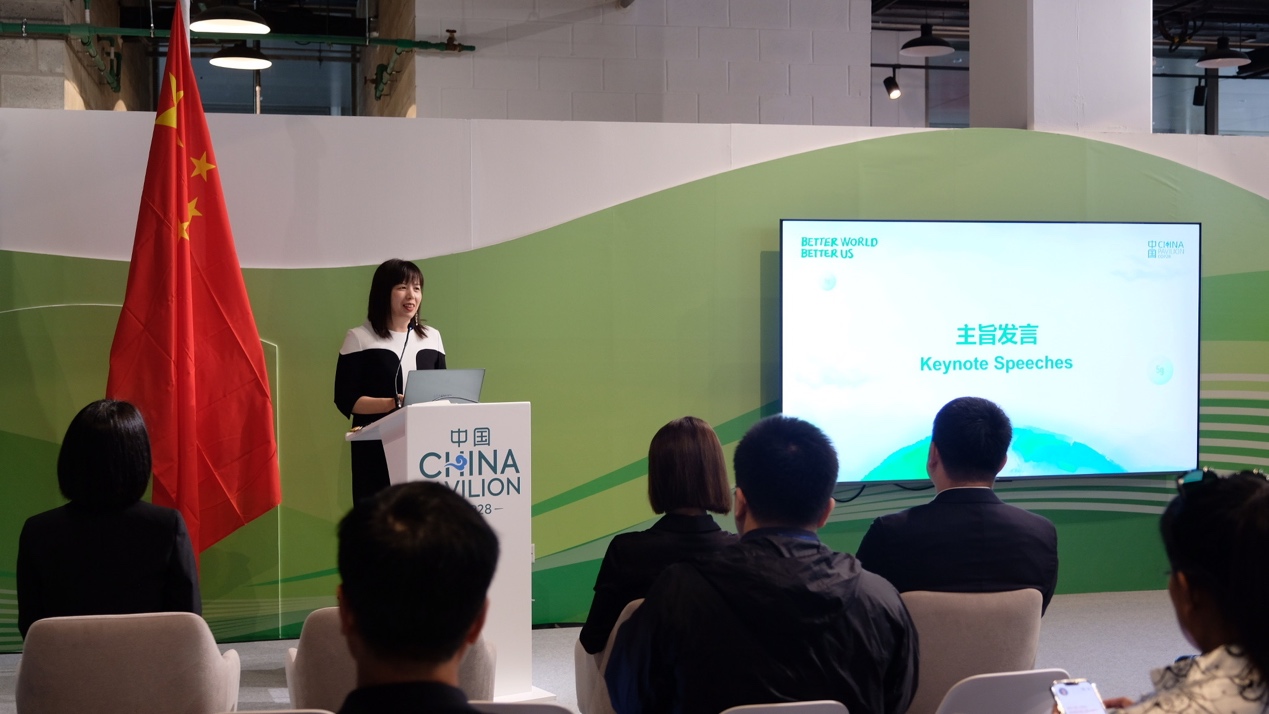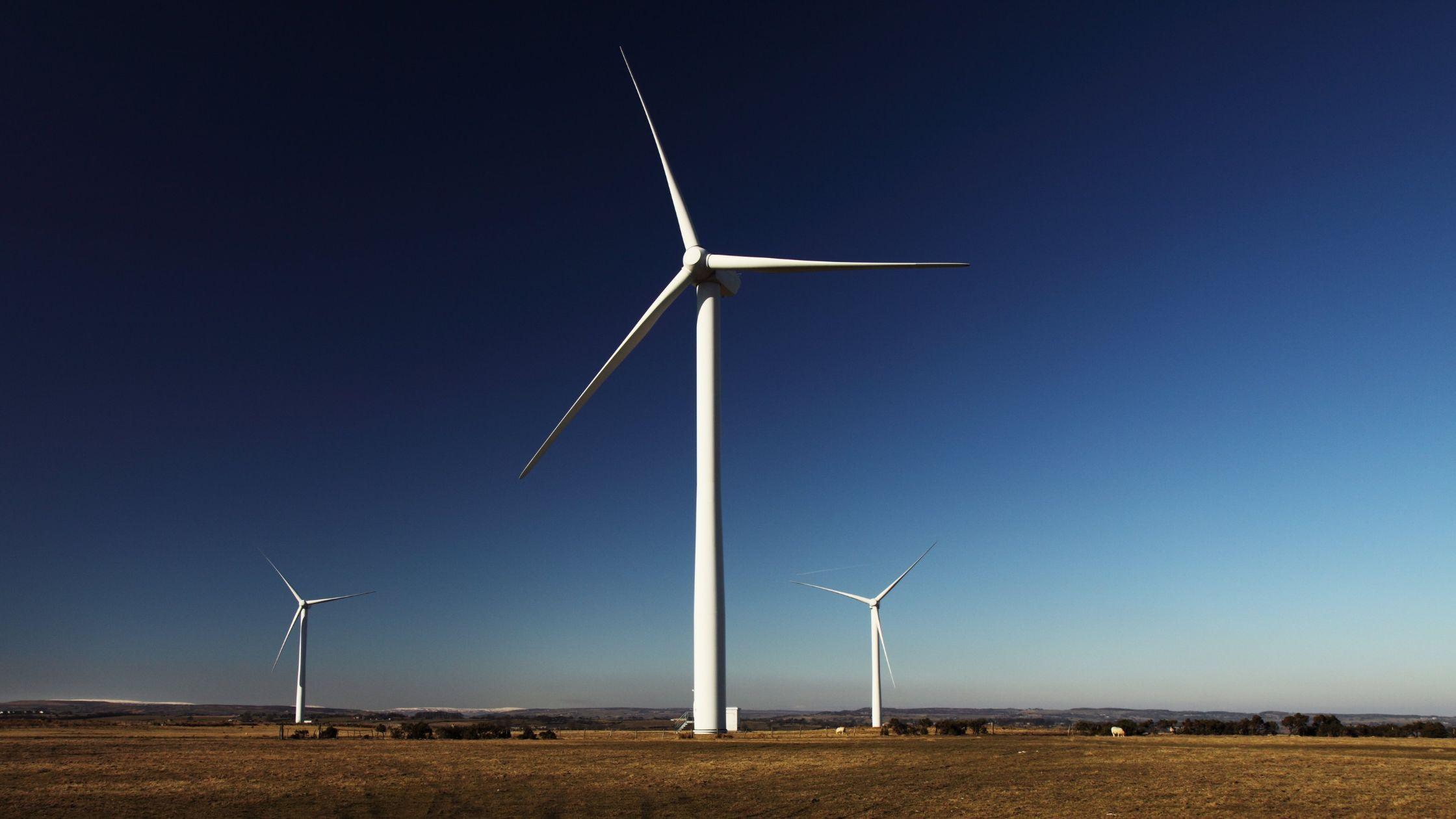AsiaTechDaily – Asia's Leading Tech and Startup Media Platform

With $10m from Series A, VFlowTech eyes global expansion of vanadium-based renewable energy storage solutions
Singapore’s VFlowTech, a provider of vanadium-based redox flow batteries, has announced that it raised $10 million in the recently concluded Series A.
The oversubscribed funding round was joined by Japan-based venture capital (VC) firm Real Tech Holdings. It was also participated by returning corporate investors that included SEEDS Capital, Wavemaker Partners and Sing Fuels and personal investors like Michael Gryseels (Chairman of VflowTech).
The round also saw the involvement of new international VC and strategic investors like İnci Holding (Türkiye), Pappas Capital (US) and Carbon Zero Venture Capital (Singapore).
In a statement, VFlowTech that it will use the funds to set-up a 200 MWh production line capacity and scale up the manufacturing of its 250 kWh modular vanadium-based long duration energy storage solutions.
The additional investment will also help fund the company’s expansion plans to make its market presence known in Türkiye, the US, Japan and India.
At the same time, VflowTech wants to intensify its research and development efforts to further improve its best-in-class technology, increase systems capacity and explore new markets with emerging demand for sustainable energy storage solutions.
VFlowTech has so far commercially deployed 30 kWh and 100 kWh units for residential applications as it also completed the production of its MWh system for large-scale microgrid applications.
Its team of 60 people continues to look for funds to use to further strengthen the management team in the coming years.
“Advancements in renewable energy storage solutions will drive the acceleration of cleantech and help other industries come one step closer to meeting their sustainability goals. We are already seeing increased demand for our batteries in creating infrastructure for electric vehicle (EV) charging, peak shifting of renewables, grid services, gated communities, telecom towers, and for round-the-clock renewable energy integration. We are excited to bring our offerings into new and emerging markets where there is ample opportunity to help kickstart the energy transition,” said Dr. Avishek Kumar, Co-founder and CEO of VflowTech.
Kumar said that conventional energy storage technologies such as lithium-ion and lead acid batteries have limited functionality. In addition, these are not environmentally-friendly while its experience performance degrades over time.
The use of standard vanadium redox flow batteries was costly as it leads to high parasitic losses. These were also found to have poor round trip efficiency and are difficult to operate in tropical conditions.
Banking on its unique IPs and decades’ worth of experience in renewable energy, VFlowTech hopes to overcome these longstanding vulnerabilities through its modular vanadium redox flow-based energy storage solutions.
Called PowerCubes, VFlowTech’s vanadium redox flow batteries has a unique power stack design that is more compact. It promises a round-trip efficiency that is so much higher than the industry standard, reduces parasitic losses and ensures effective operation in temperatures of over 55°C.
With these features, PowerCubes is currently one of the most economical and versatile renewable energy storage solutions in the market.
PowerCubes may be deployed anywhere – from residential settings to solar and wind farms.
In addition to this, VFlowTech’s smart energy management system enables the seamless management of dynamic energy supply and load demand. It also efficiently stabilises the energy grid infrastructure.
This intelligent solution features optimal charging profiles, smart pump and stack management and smart charging and discharging, thus making it future-ready to manage the modern energy needs such as EV charging and hourly electricity tariffs.
VFlowTech’s market-leading renewable energy storage solutions have already been deployed in various parts of the world through joint partnerships in Africa and Southeast Asia. Two batteries are also set to be deployed in Singapore’s Pulau Ubin this year.
At the same time, the company is also doing some research on the expansion of flow batteries for terminal usage and is now running a two-year trial to explore the possibility of scaling flow batteries using storage tank infrastructure.





